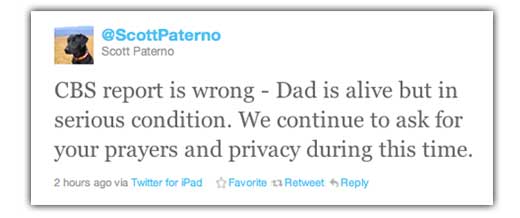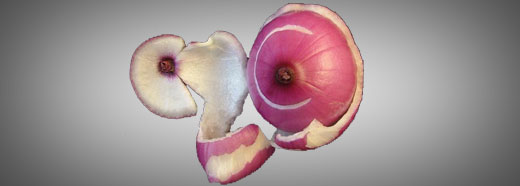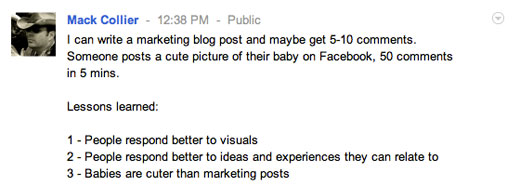Should we be accountable for the information we share, we re-share, re-tweet, “Like”, or repost? What do I mean…should we be accountable when we add to the mis-reporting of information?
Well…this is what had me thinking, and it all started with this report:
Then CBS News reported this on the social space:
Then a barrage of followers, local news outlets, media outlets, and social media consumers began sharing as fast as wildfire. This was just one of the many tweets that were flying around on Facebook, Twitter, and other social outlets…people sharing false information:
This is a tweet that was shared on someone’s Facebook feed. So this one piece of information was shared by three different source before I found it!
So should we be accountable for sharing information and adding to the massive mania that ensued, like tonight with Joe Paterno’s health situation. Jeff Sonderman of the Poynter Institute does a great job of recounting today’s reporting or information surrounding Joe Paterno. I also used some of his screen shots for this blog post. Jeff included this in tonights recap:
The Associated Press took some pride in having waited, and thus not reported the false rumor. AP Director of Media Relations Paul Colford told Poynter in an email, “At no time did AP report or imply Paterno’s death on any platform. AP was relying upon actual reporting. Just like with the aftermath of the [Gabrielle] Giffords shooting.”
Oh yeah…remember that!
Steve Safran does a great job recounting the escalation of tweeting and sharing from notable mainstream media outlets during the Congresswoman Gabrielle Gifford’s shooting.
“While the story of the Tucson shootings spread, early reports were mixed and often conflicting. This is often the case in a breaking and developing event. However, incorrect reports that Rep. Gabrielle Giffords had died spread across the Twittersphere, sparked by tweets by NPR News, Reuters and CNN — some of which were subsequently deleted.”
Oh…I guess if we just retweet, share, or even “Like” mis-reported information, we can just go back and delete it for some damage control. But it is sad when family members have to take on the social space to discount the social eruption of mis-reported information:
There are many great journalists out there and I want to give a shout out to @NewMediaJim for sharing this with us! Here is the actual tweet from Joe Paterno’s son:
So back to my original question…should we, the collective social media voyeurs be held accountable for mis-reporting of information. Should Twitter, Facebook, and other social outlets hold the users of these accounts to a standard in the terms of agreement? Here is something interesting in Twitter’s Terms of Services:
“You understand that by using the Services, you may be exposed to Content that might be offensive, harmful, inaccurate or otherwise inappropriate, or in some cases, postings that have been mislabeled or are otherwise deceptive.”
Now I realize that there is no way that we could hold every individual responsible and legally culpable for sharing, re-sharing, retweeting, or even clicking the “Like” button surrounding incorrect information. It is the same as standing in room with your family during Christmas and saying that Aunt Sue has a bad heart, and before you know it the rumor has spread to family members that did not attend the get together that she had died.
But…if you were Joe Paterno’s family dealing with the massive story surrounding Penn State this part year, would you be upset when it was mis-reported that Joe Paterno had died. I would even be inclined to say that they (the Paterno family) might have some legal standing to file a suite against the media outlets’ mis-reporting this information. An how about the Gifford’s family?
Should we as consumers of information hold the outlets that share this information accountable? Should we publicly question there sources of information and even rally for larger ethical standards. Well…maybe not, we are voyeurs just as much as they are…we are consuming and still following them online.








